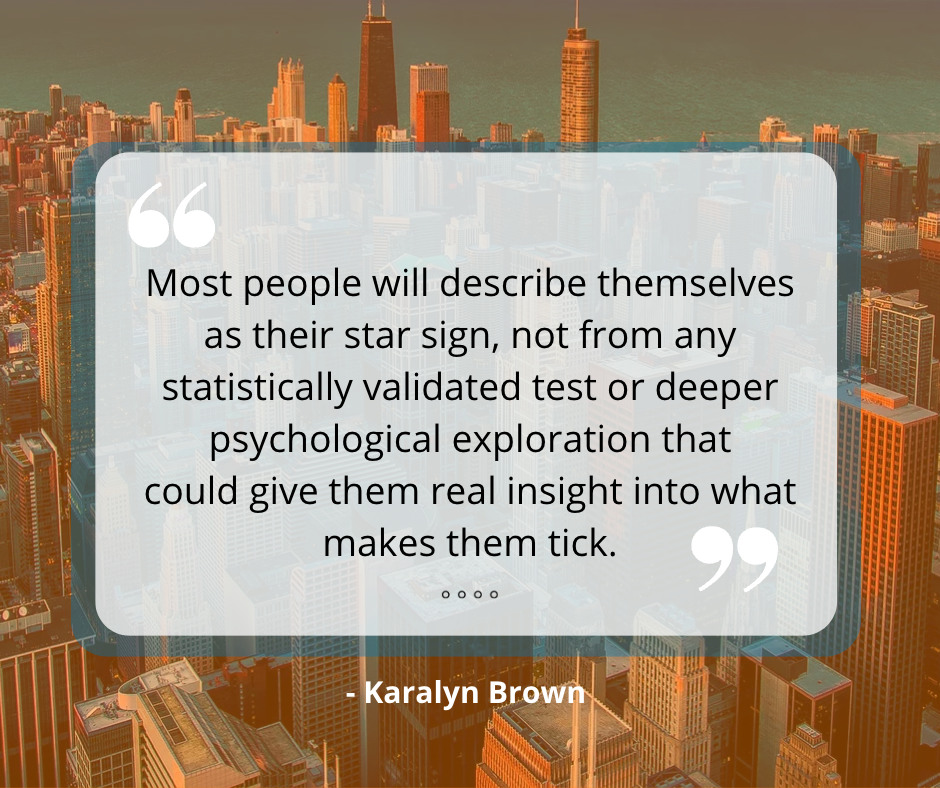I am a job search coach and a careers writer.
I’ve been in this space for many years now – and if you read this blog – you’ll find hundreds of practical tips to help you find your next great job.
But from this time now – you’ll find fewer “how to” posts and tips from me.
I want to dig into something I now firmly believe is far more important than me parroting advice like “how to write a great resume”.
I want to talk about the emotions you can feel, and the things you may believe about yourself while you look for a job or are trying to change your career.
Heard the term “job search depression” before?
It’s a very real thing.
Check out this post on reddit about how other people experience depression on their job search and know what happens to you when you look for a job can be triggering, particularly if you have suffered in the past.
I want to unpack some of the beliefs you may have while you look for a job – and give some insight as to why you can feel deeply depressed or triggered. Breaking through these unhelpful but sticky beliefs is one of the reasons I created the Straight to Shortlist Challenge a few years back.
So why talk now on this now?
Firstly, the focus that professionals (including me) in the career coaching sector have on writing about “what to do to find a job”, versus really acknowledging and understanding the sh*t storm that can go on in our clients’ heads, is way out of proportion to the help these “how to” posts provide.
That disproportionate focus does damage to the people we serve.
That’s because you can generally learn how to do something, but to apply that skill you need to believe you can do it and believe having that skill will help you. Plus of course you need the energy to do that thing.
Secondly, when you’re looking for a job, without even knowing it, you can feel a lot of shame about what you’re feeling. Perhaps you may think you’re experiencing these emotions because you’ve done something wrong – or because you’re flawed in some way.
By me giving these emotions some sunlight – I hope I can help you understand that many of these feelings are universal.
To know that many other people feel the same way as you’re feeling right now can help. If you know other people experience what you experience, you may be able to see that you’re having a very normal reaction to the situation you’re in.
Thirdly, the beliefs, reactions and emotions you experience while you are searching for a job can weigh you down, slow you down or even stop you in your tracks.
That would be a huge loss all round.
We simply don’t need any more Solutions Architects from India driving Ubers. Or people who’ve given up on ever finding what they really want to do.
Finally, the insidious thing about being low or being depressed is that when you’re in the middle of it, it’s so hard to recognize it.
It often creeps up sneakily and gradually becomes your normal state.
The frog staying in the slowly boiling pot is a good analogy to use here.
So, what are the common beliefs and emotions I see people experience and what are some of the reasons these occur.
- You can feel like you’re worthless – that there is nothing good about you.
To unpack this, I need to backtrack a bit, so stay with me here.
As human beings our biggest motivator is fear.
Change is scary.
We don’t look for a job when we love our jobs – although if you read what I’m about to write, you may start to believe that you should.
We look for a job after something has happened to us – redundancy, restructure, we’ve been let go, or fired. Or there’s something in our jobs that’s driving us nuts – bad boss, boredom, not enough flexibility, not enough variety, meaning or progression.
Often we start searching only when the pain of staying is greater than the fear of change.
If something I have just listed is the driver behind you finding a new job, you can find yourself focussing too much on what’s been happening to you, or fixing what’s been happening to you.
You may not be thinking expansively about all your talents or the multitude of places you can apply them.
The truth is you’re not making a move when you are at the top of your confidence game.
Then when you start to look for a job, recruiters and employers ask you to sell yourself – perhaps into a job you don’t feel like doing.
You put all your effort into selling yourself, and 9 times out of 10 you get ghosted or rejected.
And from there it can be a downward spiral into believing you’re not good enough to get another job.
- You feel like you are worthless part 2.
Many of us become what we do professionally.
It gives us status.
Here are some of the reasons this happens.
Employers encourage this with hierarchical management structures. We aim higher + We achieve it + We are promoted + rewarded = We feel good.
Society also encourages us to attach to what we do with the focus on what we have or own. Acquiring more things shows our status.
We also compare ourselves to our peers. If we do the same or better than them, we feel good.
When you’re out and about, the first question people ask is “what do you do?” And while this can simply be an icebreaker, it can be a reminder of what you’re not.
So if you are without a job there are many constant reminders, from many different directions – both subtle and direct, that you are somehow less of a person.
I’ve seen this hit many men hard.
Like it or not, it seems that it’s more acceptable for women to opt out of the role of provider – whereas both genders can come down hard on men who do.
- You can only do what you used to do.
I see people job searching get absolutely stuck in linear thinking – that is the only path to take is the path they have trodden down before.
I think this is partly to do with the financial insecurity of not having a job. Money is a basic need. If that’s not available, then we stress so much about that, and there is little head space to think more creatively about other ways to apply your skills.
Also and equally important to know, is that as human beings we’re not that great at going from the known to the unknown.
It’s hard to be what you can’t see.
What I am about to say, may sound harsh – but if you think about it – it will ring true.
We usually only invest in self development because it’s prescribed (eg a qualification or training), or if we’re fixing something that’s gone wrong (and seeking support, counselling or therapy).
Most people will describe themselves as their star sign, not from any statistically validated test or deeper psychological exploration that could give them real insight into what makes them tick.
As a result, one of the hardest things to do is to imagine what you could do with your innate talents and preferred way of working.
Then comes the way most people look for a role – that being online and in reply to an advertisement.
Despite skill shortages, standard recruitment processes are designed to screen you out, rather than find a way to make you fit.
Most employers write position descriptions from the past rather than the future, and from a known set of skills from someone they previously hired, versus imagining all the places where these could come from.
So, we have a scenario where employers are not thinking laterally about how they hire. They’ve designed systems that screen you out against a set of skills they have defined, and you’re not thinking expansively about what you could do next.
The end result is that you can find yourself stuck.
You don’t know what to else look for, and you’re not seeing much out there that you could do.

- You’re not worthy of any investment in yourself.
One of the great paradoxes of providing coaching is knowing that the people who would benefit from my help, or any other professionals’ help, don’t even consider the idea.
These people generally fit into two groups.
There are people where coaching never appears on their radar. They never think about it. It’s just not what they would do.
Then there’s another group of people I don’t see – but should see.
That’s the people who are struggling, but who don’t believe they are worthy of the investment.
While I know they believe what they have accomplished as part of their career isn’t that great and “it’s just part of the job”, I suspect they also believe that someone like me will wonder why they are here.
(This is of course not true. Everyone has an interesting story.)
- You are alone. You need to do this alone.
It’s easy to think this.
I know most people looking for a job, do not connect with other people looking for jobs.
Maybe you don’t think that there may be many other professional, inspired or intelligent people just like you thinking, experiencing and believing the same things as you.
Apparently a job search is just something we do solo.
The problem with this is you can spend too much time in your own head. You can feel really lonely – and when you are lonely studies have shown, you can shun the very thing that will help you – other people’s company.
So where to from here?
I know I have only scraped the surface of what people experience with the 5 things I have written.
But knowing these things is one reason why I created the Straight to Shortlist Challenge. I designed it as a more uplifting way to look for a job, than feeling like you are sitting in the dark applying for jobs alone – reacting to what recruiters tell you you can’t do, instead of meeting people who can help you directly.
Many people who have done the challenge, describe it as an eye-opener.
Along with uncovering different ways to apply their skills, they have been able to people who have directly referred them to jobs and passed along their resume.
Instead of being ghosted and not knowing why, they found out valuable information direct from decision makers, or people who’ve done exactly what they want to do.
Check out the Straight to Shortlist Challenge here, or come along to meet me on our next free LinkedIn workshop – which will give you a taster of what it’s like to work with me.
Life is too short to be miserable, and you never know you could just have some fun exploring all that’s available to you.

 Follow
Follow

{ 0 comments… add one now }